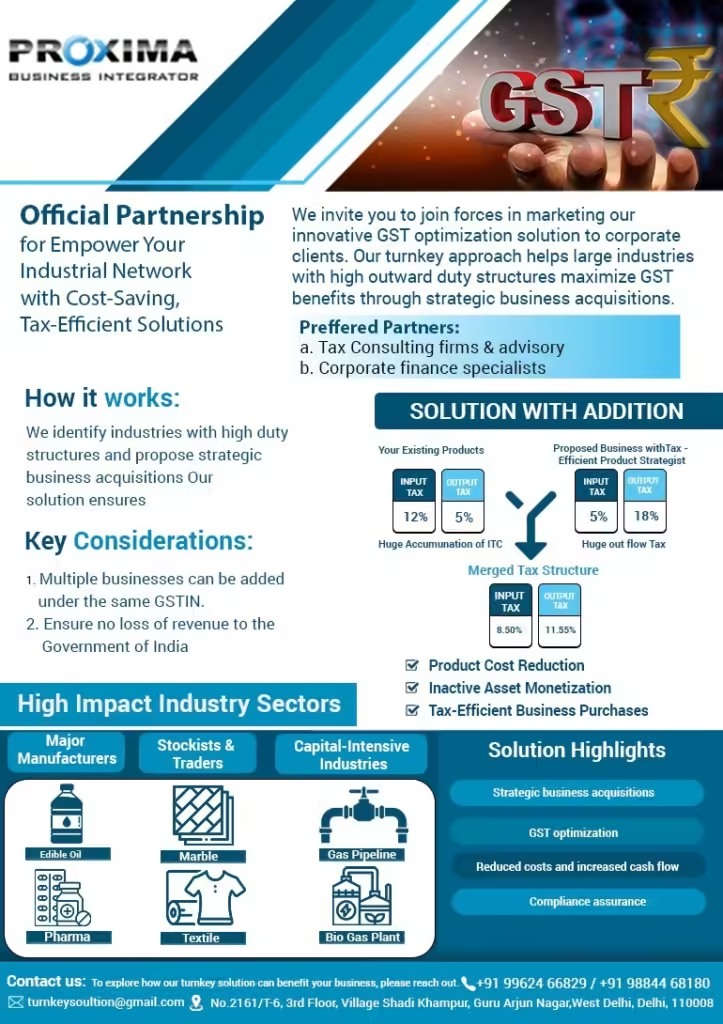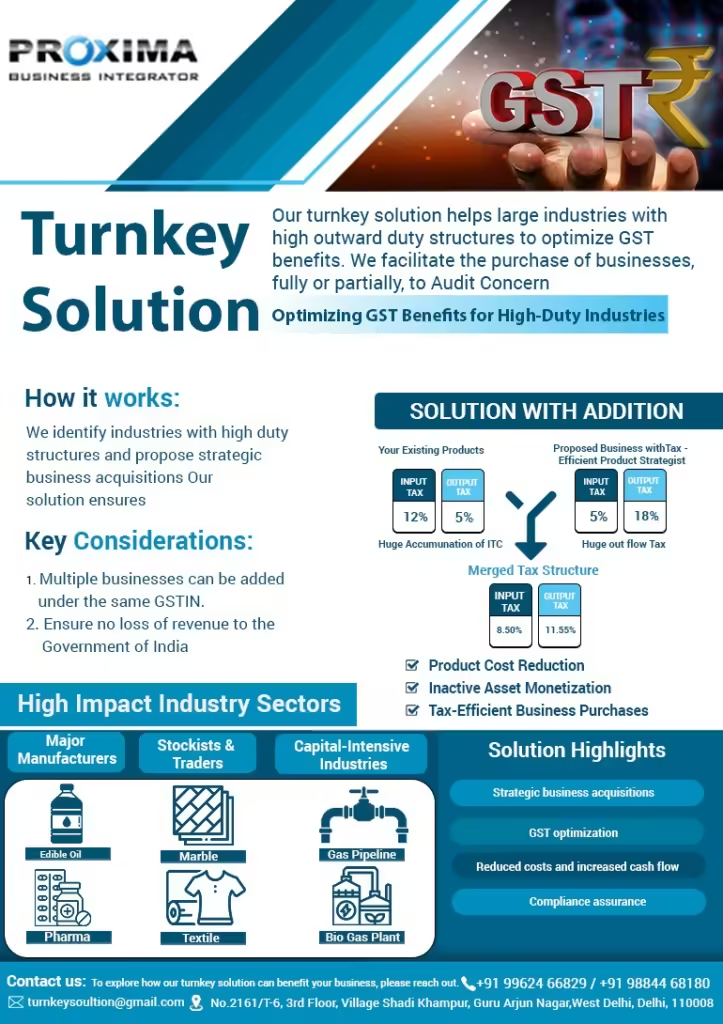The Supreme Court has held that income tax deduction allowable on interest for broken periods in case of stock-in-trade.
The bench of Justice Abhay S Oka and Justice Pankaj Mithal has observed that while distinguishing the case of Vijaya Bank Ltd. v. Additional Commissioner of Income Tax, Bangalore observed that the decision of the Court in the case of Vijaya Bank Ltd. was rendered after considering Sections 18 to 21 of the Income Tax Act, which have been repealed. Therefore, the Tribunal rightly held that as the appellant/assessee was holding the securities as stock-in-trade, the entire amount paid by the appellant for the purchase of such securities, which included interest for the broken period, was deductible.
Table of Contents
Background
The appellant/assessee is a Scheduled Bank. The appellant was engaged in the purchase and sale of government securities. The securities were treated as stock-in-trade in the hands of the appellant. The amount received by the appellant on the sale of the securities was considered for computing its business income.
The appellant consistently followed the method of setting off and netting the amount of interest paid by it on the purchase of securities (i.e., interest for the broken period) against the interest recovered by it on the sale of securities and offering the net interest income to tax.

The result is that if the entire purchase price of the security, including the interest for the broken period is allowed as a deduction, then the entire sale price of the security is taken into consideration for computing the appellant’s income.
The assessing officer allowed this settled practice while passing regular assessment orders. However, the Commissioner of Income Tax exercised jurisdiction under Section 263 of the Income Tax Act and interfered with the assessment orders. The CIT held that the appellant was not entitled to the deduction of the interest paid by it for the broken period.
The Commissioner relied upon a decision of the Apex Court in the case of Vijaya Bank Ltd. v. Additional Commissioner of Income Tax, Bangalore. It was held that under the head “interest on securities”, the interest for a broken period was not an allowable deduction.
The appellant preferred an appeal before the Income Tax Appellate Tribunal. The Tribunal allowed the appeal by holding that the decision of this Court in the case of Vijaya Bank Ltd. was rendered after considering Sections 18 to 21 of the Income Tax Act, which have been repealed. Therefore, the Tribunal held that as the appellant was holding the securities as stockintrade, the entire amount paid by the appellant for the purchase of such securities, which included interest for the broken period, was deductible.
The respondent/Department preferred an appeal before the High Court against the decision of the Appellate Tribunal. The High Court interfered and, relying upon the decision of the Apex Court in the case of Vijaya Bank Ltd., allowed the appeal.
Relevant Provisions
Under the Income Tax Act, 1961, Section 18, which was repealed by the Finance Act, 1988, dealt with tax leviable on the interest on securities. Section 19 provided for the deduction of expenses in realising the interest and the interest payable on the money borrowed for investment.
Section 20 dealt with the deduction of expenses in realising the interest and the interest payable on money borrowed for investment in the case of a Banking company. Section 21 provided that the interest payable outside India was not admissible for deduction.
Sections 18 to 21 were repealed by the Finance Act, 1988, effective from 1st April 1989. We are dealing with cases involving the period post the deletion of the four Sections.
Issue Raised
The main issue in this group of appeals is about the treatment to be given to broken period interest. The question is whether a deduction of the broken period interest can be claimed.
Arguments
The bank contended that the claim for deduction of interest on the broken period was made under Sections 19 and 20 of the Income Tax Act. This was done on the footing that the Department had brought to tax the interest accrued on the securities up to the date of purchase as “interest on securities” under Section 18. It was held that the decision in the case of Vijaya Bank Ltd. will not apply to the cases post-repeal of Sections 18 to 21 of the Income Tax Act.
The assessee contended that stockin trade, interest paid on them constitutes an expense which is liable to be claimed as a deduction.
The department contended that the broken period interest on security held to maturity constitutes an investment and, therefore, should be treated as capital expenditure. It was submitted that since HTM securities are held up to maturity for maintaining the SLR ratio and as the same are treated as investment in the books of accounts of Banks, the same should be treated as investment and not stockintrade.
Conclusion – Income Tax Deduction Allowable On Interest
The court held that as the securities were treated as stock in trade, the interest on the broken period cannot be considered as capital expenditure and will have to be treated as revenue expenditure, which can be allowed as deduction.
The court, while quashing the judgement of the High Court, restored the decisions of the Tribunal and ruled in favour of the assessee bank.
FAQs
Is Income Tax Deduction Allowable On Interest For Broken Period?
Yes. Income Tax Deduction Allowable On Interest For Broken Period In Case Of Stock -In-Trade.
Case Details
Case Title: Bank of Rajasthan Ltd. Versus Commissioner of Income Tax
Case No.: Civil Appeal Nos. 32913294 Of 2009
Date: 16/10/2024













